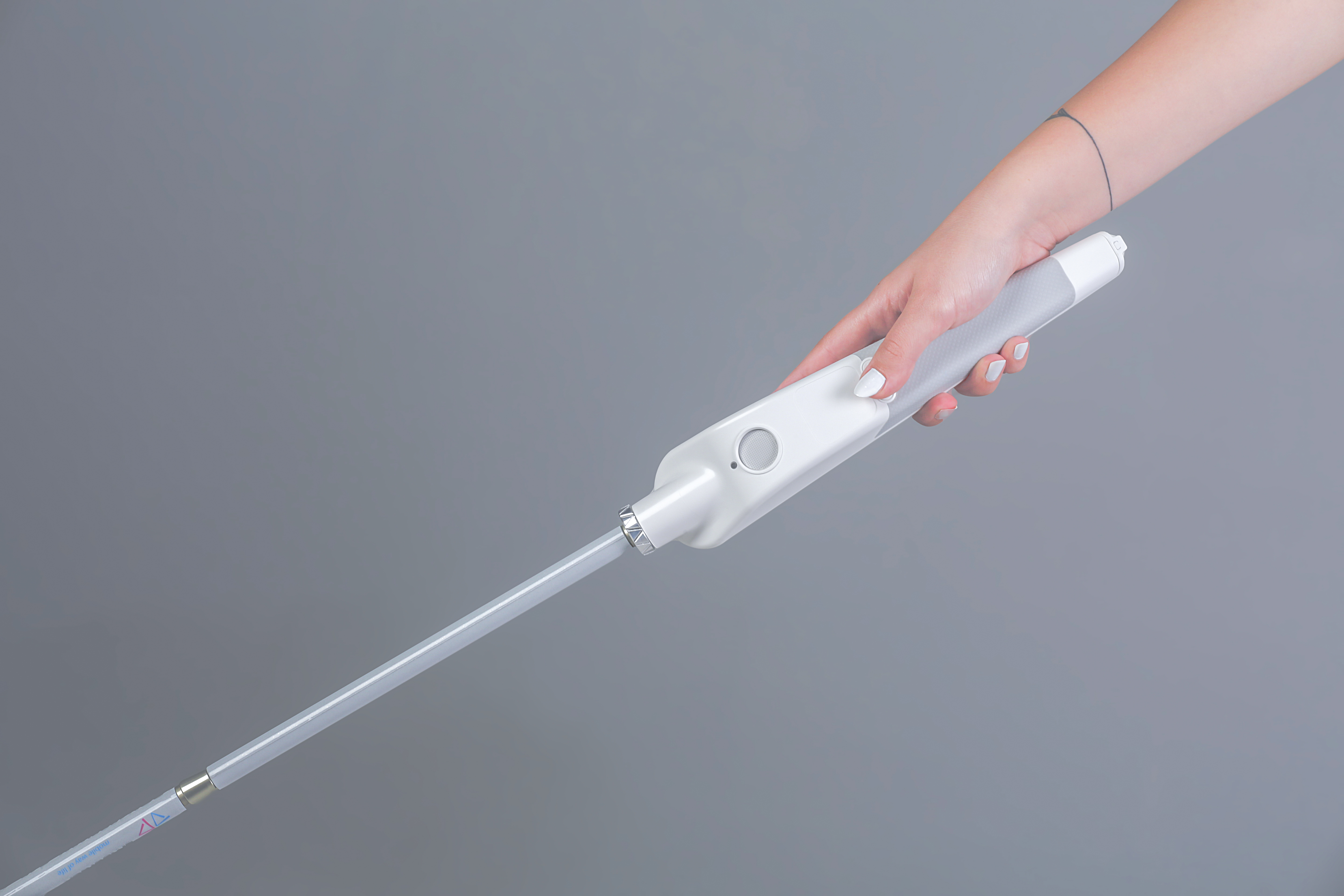WeWalk Raises Cash To Bring Computer Vision To Smart Cane For Visually Impaired People
UK start-up WeWalk, which is developing a "smart toilet" for the visually impaired, announced today that it has raised £2 million ($2.4 million) in venture capital funding from various institutional investors. and leading angels including Manchester City and the German footballer. Ilkay Gundagan picked up. .
Founded in London in 2019, WeWalk has developed a GPS-enabled smart cane and smartphone app that helps users navigate their surroundings. Time Waywalk called the Smart Can "one of the best inventions" of 2019.
The roughly $600 cane can detect physical obstacles in the road and alert the user with vibrations and sounds, while app integration also enables turn-by-turn navigation. Last year, WeWalk announced a partnership with Moovit, owned by Intel, to include local transit data.

WeWalk smart cane. Image Credit: WeWalk
Fast forward to today, and now WeWalk is looking to use the new cash injection to bolster its product with intelligent machine vision developed in partnership with Imperial College London and the Royal National Institute for the Blind (RNIB).
While it's not yet clear what this will lead to, the ultimate goal is to create something that can read road signs, or tell the user what number is in front of a bus, or exactly what objects are in its path.
"Our goal is to maximize sensor efficiency and cost effectiveness by using smartphone detection where necessary," Jean-Marc Fegally, WeWalk's head of research and development, told TechCrunch. "We are also looking at the state of the art to determine what might be possible between different form factors."
According to Fegally, the initiative could also benefit from WeWalk's existing partnership with Microsoft in the AI for Accessibility program and lead to deeper integration with Microsoft's Seeing AI application or Azure ML.
The company has already begun work on the project, hiring about 30 people to help build and test the necessary software and hardware.
“RNIB supports user testing and ensures that our projects are human-centric,” Fegali says. “Imperial College supports basic detection algorithms. We envision a product where the sensors can be seamlessly integrated into the largest possible field of view without interfering with the user's normal movements. We will then explore different feedback mechanisms, including auditory and tactile, to provide the user with the information they need for safe mobility.
There's still some time until 2024, but the company says it's already testing the camera and remote assistance functionality in the WeWalk mobile app, using it as a "design board" for adding more computers. Future vision tools.
With a new £2m in the bank, the company said it plans to support other groups by creating "adaptive mobility aids" such as walking sticks or frames for the elderly.
The co-founder and CEO of WeWalk, Gojan Merichliler, declared: "We will develop our technology to help our company serve a world-wide public plus large et fournir des informations de meilleure qualité et plus significants aux malvoyants, aux personnes âgées et aux people with reduced mobility." statement
The WeWalk funding round was led by Nesta Impact Investments, King's Health Partners (KHP Ventures) and APY Ventures, with participation from public investors via Crowdcube and of course Ilkai Gundagan.


Post a Comment for "WeWalk Raises Cash To Bring Computer Vision To Smart Cane For Visually Impaired People"